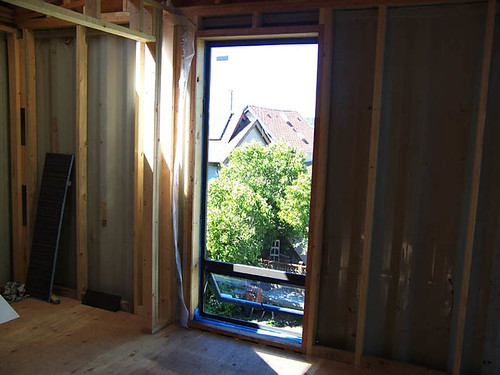Introduction
Hello, fellow container home enthusiasts! I’m Emily Owens, and I’ve been on this incredible journey of container home living for four exciting years now. During this time, I’ve experienced my fair share of challenges, but none quite as intriguing as the legal hurdles that can sometimes arise when it comes to container home ownership. Today, I’m here to share my insights and tips on overcoming these legal challenges with a dash of humor and a generous serving of practical advice.
Zoning Regulations
One of the first legal challenges you’ll encounter when considering a container home is zoning regulations. Zoning laws vary from one location to another, and what’s permissible in one place may be strictly forbidden in another. To overcome this challenge, you need to become a zoning detective.
Example: Let’s say you’ve set your sights on a beautiful piece of land in the outskirts of a quaint town. Before you rush to buy those containers, check the local zoning ordinances. Some areas have embraced container homes, while others may require special permits or have strict size and placement restrictions.
Pro Tip: Reach out to your local zoning department or a knowledgeable real estate agent who’s well-versed in container home regulations. They can help you navigate the legal maze.
Building Codes and Permits:
Container homes are still a relatively new concept, and building codes and permit requirements can be a bit of a gray area. But fear not! With a little research and persistence, you can get your container home project off the ground.
Example: Suppose you plan to convert four shipping containers into your dream home. In many places, you may need to obtain the necessary permits and adhere to building codes. This could include inspections for structural integrity, electrical, plumbing, and more.
Pro Tip: Consult with a local architect or builder experienced in container homes. They can help you design your project to meet the codes and navigate the permitting process smoothly.
Property Ownership and Land Use:
Before you dive headfirst into container home ownership, you should clarify your rights to the land. Some properties may have restrictions or covenants that limit the types of structures you can build.

Example: Imagine you’ve found an idyllic spot by a serene lake, and you envision your container home nestled among the trees. However, the land may come with limitations on residential use or architectural style.
Pro Tip: Always read the fine print in your property deed and consult with a real estate attorney to ensure you’re in the clear.
Financing Your Container Home:
Container homes can be cost-effective, but securing financing can be a unique challenge. Traditional lenders may be less familiar with container homes, making it essential to explore alternative options.
Example: You’ve got your design plans ready, but when you approach a bank for a mortgage, they raise an eyebrow and ask, “Container what?” Traditional lenders may hesitate due to the unconventional nature of container homes.
Pro Tip: Look into lenders who specialize in alternative housing or consider personal loans, crowdfunding, or partnerships with investors who understand and appreciate the container home movement.
Insurance
Protecting your investment is vital, and finding the right insurance coverage for a container home can be a puzzle in itself.

Example: A freak storm damages your container home, and you file a claim with your insurance company. However, they may be unfamiliar with how to assess the unique aspects of your container structure.
Pro Tip: Seek out insurance providers experienced in insuring non-traditional homes. Make sure your policy covers all potential risks, including those specific to container construction.
Sustainability and Environmental Regulations
Container homes often attract eco-conscious individuals looking to minimize their environmental footprint. However, meeting sustainability goals while adhering to local environmental regulations can be a challenge.
Example: You’re excited about installing a rainwater harvesting system and solar panels on your container home. However, environmental regulations might limit your ability to collect rainwater or install solar panels.
Pro Tip: Research local environmental laws and consult with experts in sustainable design to find innovative ways to meet your eco-friendly goals while complying with regulations.
Neighbors and Community
Sometimes, the biggest legal challenge in container home ownership can be your neighbors’ perceptions and local community acceptance.
Example: You’ve spent months designing and building your container home, only to face opposition from your neighbors or homeowners’ association who may be wary of the unconventional design.
Pro Tip: Engage with your neighbors early in the process, share your vision, and address any concerns they may have. Building positive relationships can go a long way in gaining community acceptance.
Conclusion
Container home ownership is a thrilling adventure, but like any journey, it comes with its fair share of legal challenges. From zoning regulations to financing woes, navigating the legal landscape requires a combination of research, creativity, and perseverance.
Remember, fellow container home enthusiasts, each challenge is an opportunity for growth and innovation. By seeking expert guidance, engaging with your community, and staying adaptable, you can overcome these legal hurdles and turn your container home dream into a reality.
So, roll up your sleeves, grab those blueprints, and let’s continue to push the boundaries of container home living! Happy container home adventures, everyone!





















Find Us on Socials